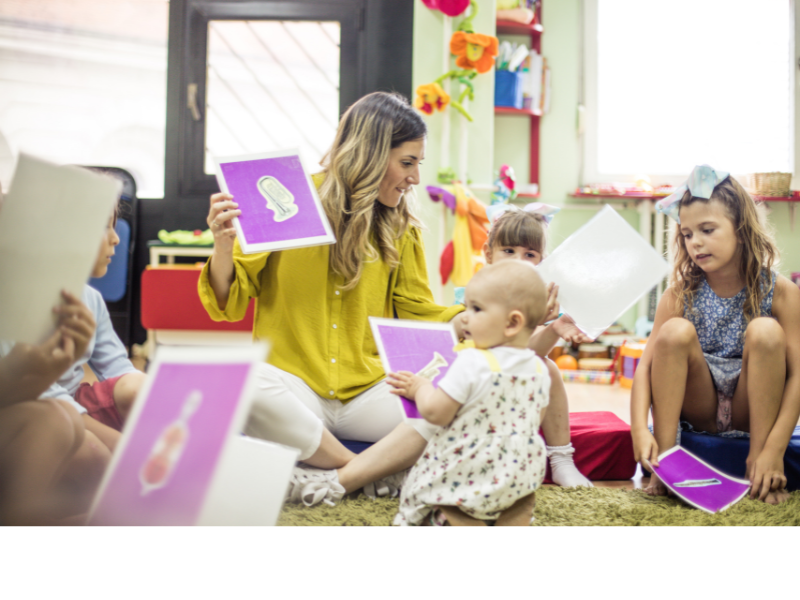Is music talent set or grown?

Our traditional ideas about musical talent are being challenged by neuromusical research. Through studying musicians Neuroscientists and psychologists are working with a theory that we are born with predispositions for many things. Some people are born with a predisposition for learning and understanding music.
This is often evident in their very high levels of auditory processing. But within the theory, there is also an understanding that those predispositions, in many cases, will one day be realised without the opportunity in life to build upon those predispositions. The simple way to understand the difference is that we no longer think of talent as nature OR nurture, we now think of it as nature AND nurture.
Working with this theory we have to also take into account the influences of genetics and personality, both of which fall into the category of a predisposition we are born with. I often think about it with sports. I might desperately want to become a professional basketball player, but with a genetic predisposition to grow no taller than about 160cm (5 foot 7 inches), I might struggle with that dream. Similarly in music, if I was born with a low predisposition for the persistence that is required for music practise, I would probably be unable to reach the level required to perform as a professional musician.
So, how much of the idea of talent is set and how much can be grown? I think this would be a great topic for debate around a table full of musicians and music educators. This is because we sometimes view the concept of talent as something we have no control over. If talent can be grown then maybe we do have an influence over it. But how much influence and in what way?
I am working with the idea that maybe talent is a combination of genetics and personality, but those predispositions make music learning look and feel easier, they may not always be predetermined and impervious to change or the influence of nurture. Even more fascinating to me are those students who exhibit higher than average talent/ease with the music learning process to begin with, but then struggle later on because they haven’t developed the skills to practise and learn effectively.
What do you think, is musical talent set or grown?

Free Easter campaign download with posters and social tiles to help students understand the value of music learning.
What if you could advocate for music education without adding more work to your already packed schedule?
Engaging in musical activities offers profound benefits for our brains, enhancing various cognitive functions and emotional well-being.
While there can only be one winner of the BBB Music Teacher Award, we also recognize the outstanding efforts of our 2025 Runner-Up, Ruby Mensforth—a teacher whose dedication to fostering a love of music has left a lasting impact on her students.
Playing an instrument or singing in a choir isn’t just fun—it’s great for brain health too. A recent study found that people with musical experience have stronger memory and thinking skills than those without.
For many music teachers, March means concert season, assessment planning, and advocating for the importance of music education as budgets and schedules for next year take shape.
We know that speaking up for music in schools can feel overwhelming—but you don’t have to do it alone.
If you've ever conducted or played in an ensemble, you’ve likely felt it—that moment when everything clicks, the music soars, and your group performs at a level beyond anything you thought possible.
The World Economic Forum's Future of Jobs Report 2025 highlights the critical skills that will define the workforce of tomorrow.
A recent study in Ear and Hearing investigated how aging and hearing loss influence music perception, focusing on melody and timbre discrimination.
A new study in the Journal of Neuroscience reveals that our brains start processing rhythm as early as 27 weeks into pregnancy.
The 2025 Celebrate to Advocate Calendar is your go-to guide for making advocacy effortless this year!
A recent study from Waseda University has uncovered that when individuals listen to music, their heart rates synchronize, reflecting a unified physiological response.
A groundbreaking study in Nature Human Behaviour has revealed a fascinating genetic connection between musical rhythm skills and language-related traits, including dyslexia.
Recent research from the Georgia Institute of Technology has unveiled compelling insights into how music affects learning, memory, and emotions.
A recent study from Aarhus University reveals that while older adults can remember familiar music as well as younger individuals, their brains engage differently during the process.
Take our free, 60 second quiz and maximize your advocacy impact by discovering your advocacy style and knowledge gaps.
Thank you for a wonderful 2024! Here’s a little gift from BBBB to you.
Music has always been a go-to for lifting our spirits, but did you know classical music might take it a step further by actually helping treat depression?



















